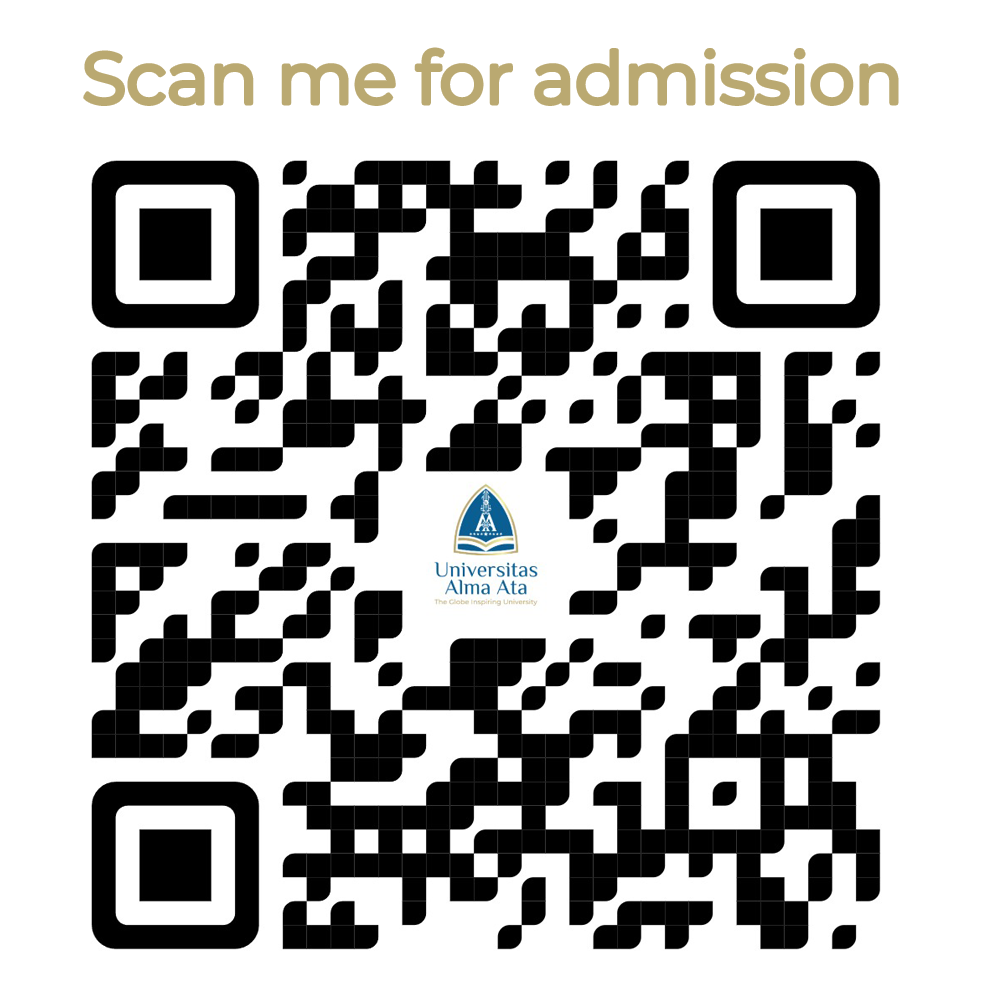
FITK of Alma Ata University – Student Attitudes towards STEM – There are many important things that students should have in this era. One of the most important is to develop inquiry skills and stimulate positive attitudes towards STEM education. Educators and the school community need to integrate STEM into learning because it can benefit the national economy [2]. STEM integration aims to combine various disciplines. It aims to engage students in topics of interest. Teachers can also teach critical thinking and core content knowledge for future success in STEM careers [3] at various education levels.
STEM in Schools
At the end of the learning phase at the primary school level, many students find science boring, difficult, and irrelevant to their lives [4]. Therefore, the number of students studying and entering STEM fields is decreasing, even though STEM job vacancies are increasing [5]. The low interest of students in understanding STEM remains one of the main concerns of stakeholders recently [6].
Students’ attitudes and occupational interests in STEM fields are constantly changing throughout the years in both primary and secondary schools. Students’ attitudes towards STEM subjects vary widely and generally decline during the first year of secondary school due to some changes in their attitudes [8]. In fact, many things are needed by students who want to work in STEM fields to advance global competitiveness and economic growth [9].
Something needs to be done to motivate students to pursue studies and careers in STEM. Efforts can be made to develop an understanding of the attractive characteristics of STEM. In addition, describing individuals who work in STEM fields can be an important step to take [10]. STEM education contributes to turning students into producers. Students are no longer considered as mere recipients of knowledge and technology, but should be encouraged to have critical thinking, creativity, and problem-solving skills. STEM education should therefore be a central topic in the field of education about learning outcomes.
Research Results
The Alma Ata University research team has examined students’ attitudes towards STEM and 21st-century skills. The results showed that based on the science domain, the average score of students was 3.23 (medium) while the mathematics domain obtained was 3.21 (medium); the technology/engineering domain obtained was 3.68 (medium) and the 21st-century skills domain obtained was 3.65 (medium).
By gender, there was a significant difference between male and female students’ attitudes towards STEM and 21st-century skills. However, there was no significant difference based on student grades. Based on these findings, it is suggested that teachers or policy makers should understand students’ attitudes before implementing STEM-based learning and 21st century skills. The findings can be used to create STEM and 21st-century learning.







